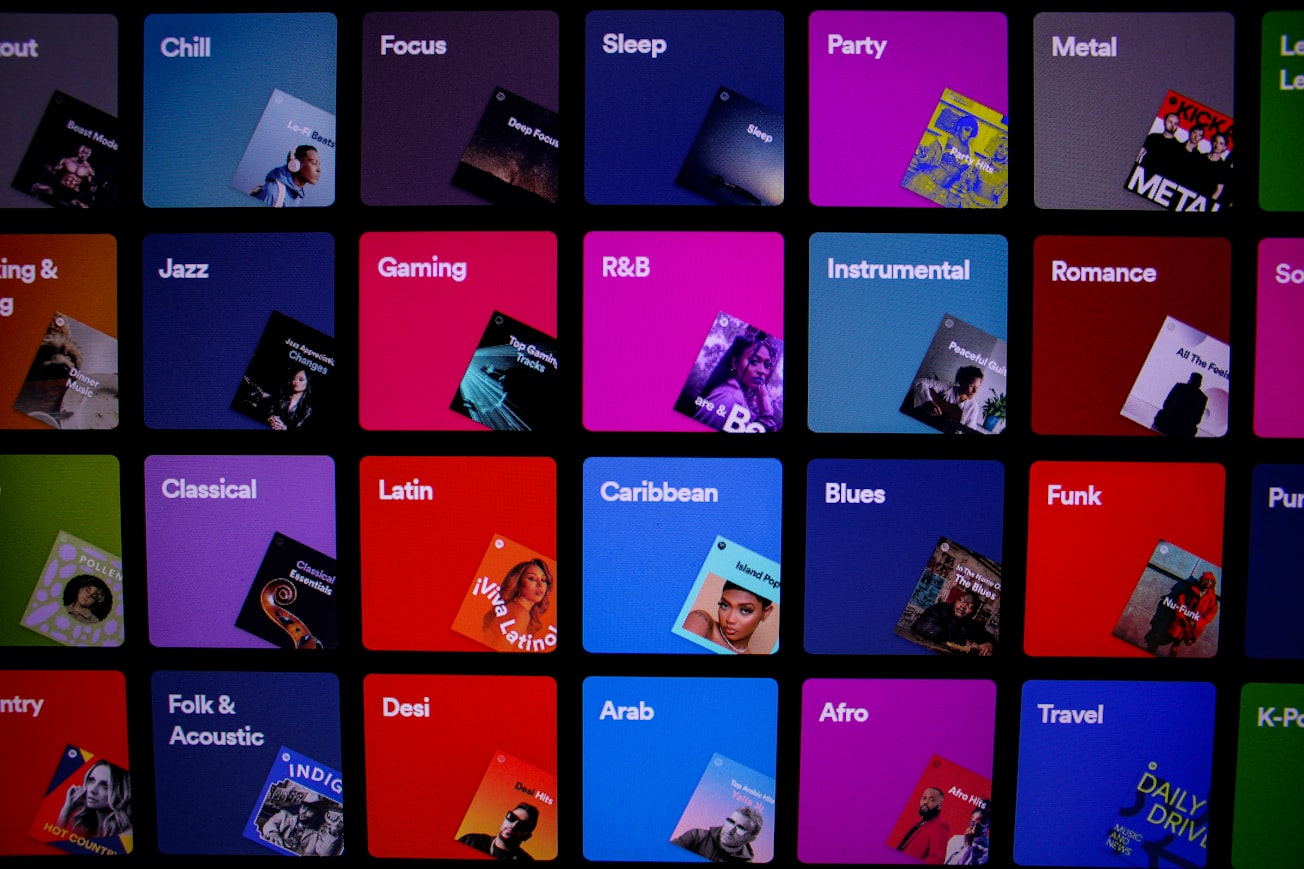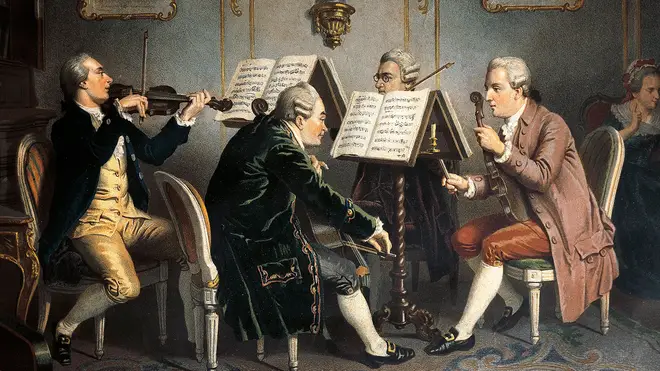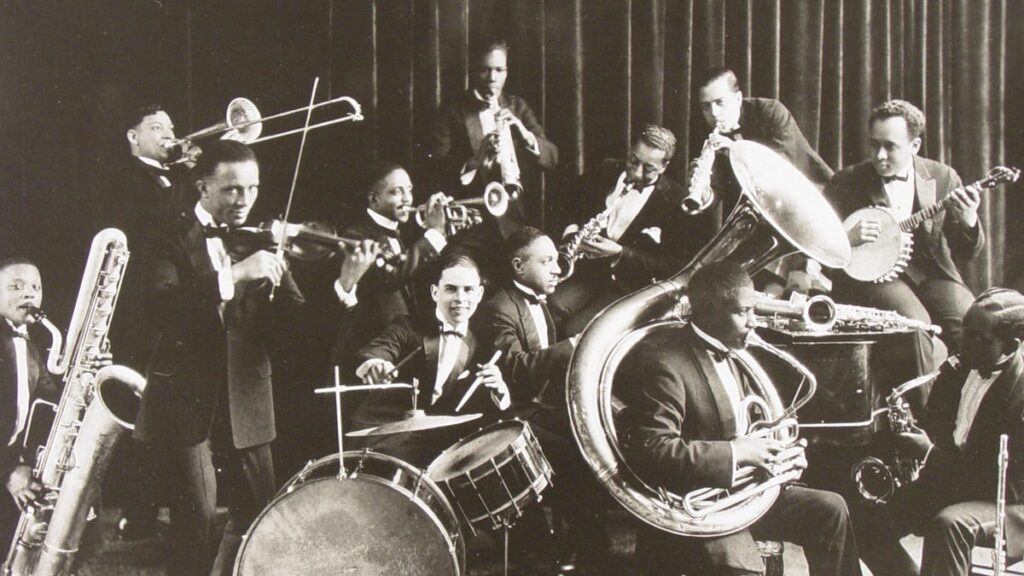Overview
Music is everywhere. In modern times, you would often see high school students with their ears plugged with AirPods playing pop hits of Sabrina Carpenter’s songs, or young adults at a party dancing to electronic dance music (EDM). These different kinds of music are known as music genres.
In hindsight, it is noticeable that there is a huge influence while listening to these distinct genres. But what makes these music genres so disparate from each other to alter human emotions in different ways?
In this article, is a list of music genres and what makes them instrumentally sound different and its impact to us listeners.
Classical music
Classical music has often been associated with positive outcomes in cognitive performance and mood regulation.
In light of this, research conducted by Rauscher, Shaw, and Ky during 1993, and 1995, indicates that spatial-temporal abilities are enhanced after listening to classical music composed by Mozart. This phenomenon was known as the “Mozart effect”.
Additionally, classical music has been found to reduce stress and anxiety in clinical settings, such as during medical procedures or surgery.
Rock and heavy metal
The effects of rock and heavy metal music on psychological states can vary dramatically among individuals.
While some studies suggest that heavy metal may increase feelings of anger in some listeners, others find that it can have a purgative effect, allowing listeners to manage their negative emotions more effectively.
This dichotomy emphasizes the subjective nature of musical influence.
Jazz and blues
Jazz and blues, known for their complex harmonies and often improvisational nature, can evoke deep emotional responses.
These genres have been noted for their ability to convey a wide range of emotions, from melancholy to ecstasy.
Listening to jazz has been associated with increased creativity, likely due to its complex and unpredictable nature that may stimulate the brain’s creative pathways.
Pop music
Pop music, characterized by its catchy melodies and repetitive structures, is often intended to promote happiness and relaxation.
However, its effects can also be seen in its capacity to promote social connections and a sense of identity among listeners, particularly youth.
The lyrics often play an important role in shaping listeners’ emotional states, and can positively or negatively impact self-esteem, and body image.
Hip-hop
Hip-hop music, originating from African American and Latino communities in the 1970s, has evolved into a global cultural phenomenon with significant influence on contemporary music and society.
Its rhythmic beats, spoken-word poetry, and social commentary often address themes of resilience, social justice, and personal empowerment.
While some hip-hop songs may depict struggles and adversity, others offer messages of hope and empowerment, resonating deeply with listeners.
Electronic Dance Music (EDM)
Electronic Dance Music (EDM) encompasses a wide range of electronic music genres, characterized by their driving beats, synthesizers, and energetic rhythms.
EDM is closely associated with nightclub culture and large music festivals, where its pulsating sounds and immersive environments create a sense of euphoria and communal connection.
The genre’s repetitive patterns and build-ups can induce trance-like states and heightened sensory experiences.
Conclusion
Evidently, listening to different music genres have become an integral part of the youth’s lives. Despite music having the same element of lyrical, vocal or instrumental qualities, the nuance of these music genres can hold so much power over human emotions especially the youth who are still developing and learning more about themselves each day.
References
Jenkins, J. S. (2001). The Mozart effect. Journal of the Royal Society of Medicine, 94(4), 170–172. https://doi.org/10.1177/014107680109400404
LMT Music Academy. (2024, April 29). Effects of different music genres on your psychological state. LMT Music Academy. https://www.lmtmusicacademy.co.uk/effects-of-different-music-genres-on-your-psychological-state






